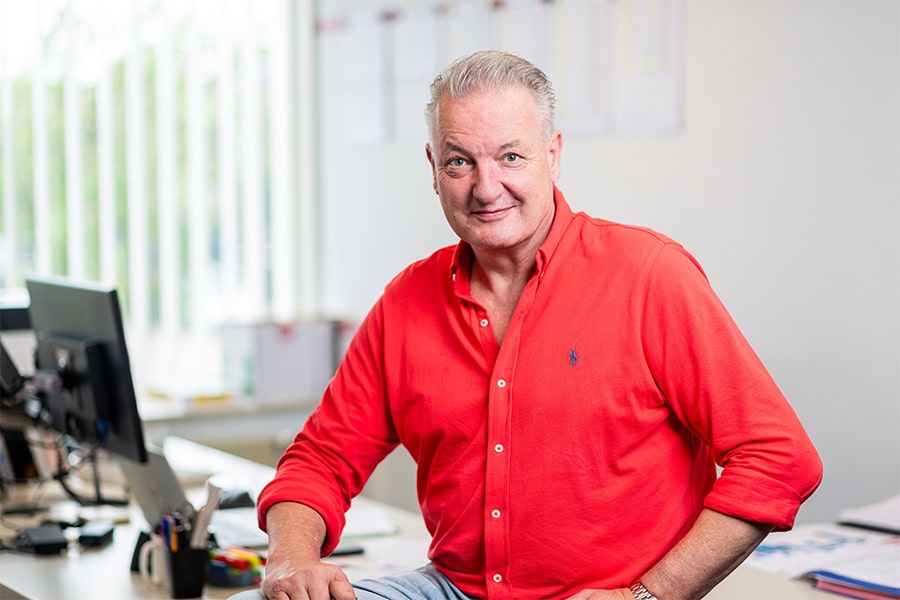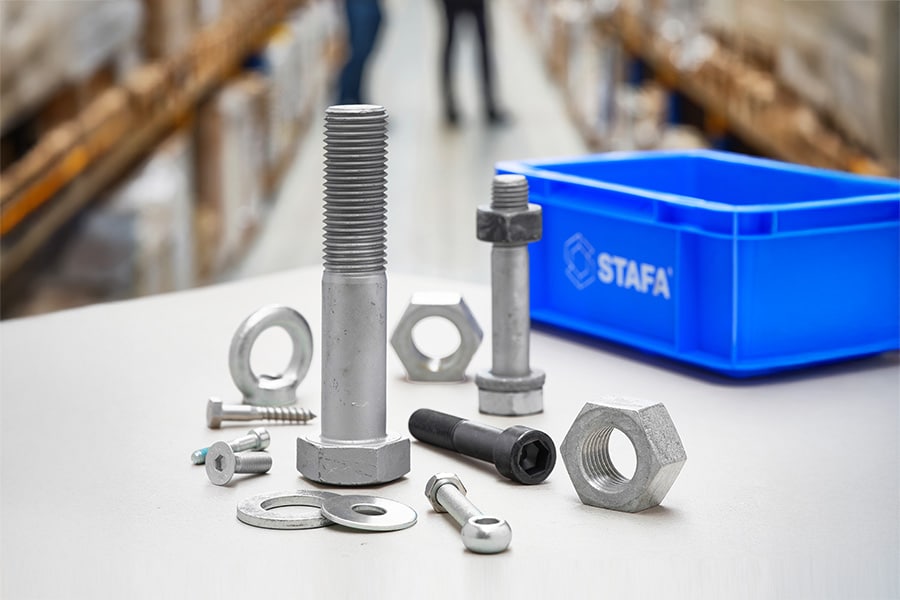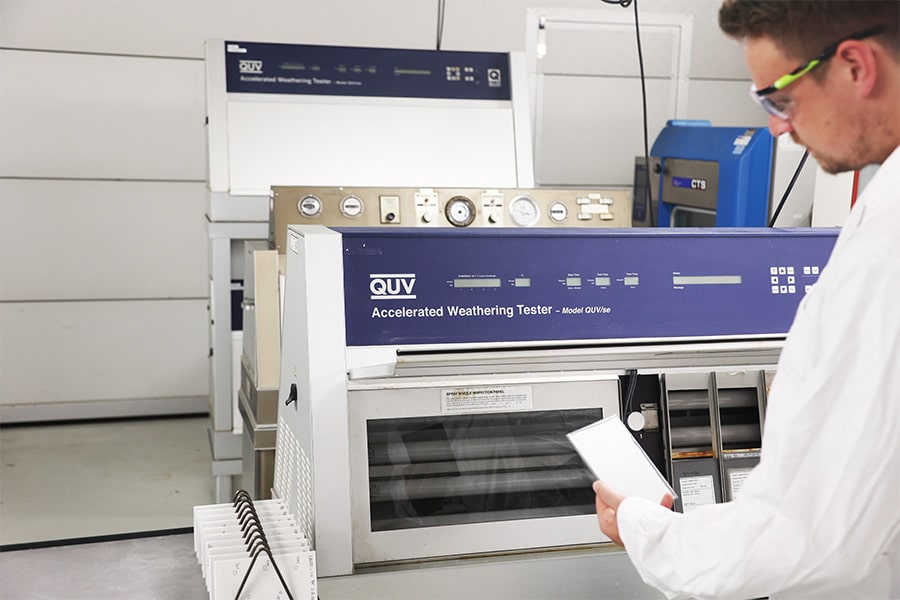
'We should be proud of our entrepreneurs'
Due to changing European regulations and the ambitious package of measures related to the Green Deal, surface treatment companies have many additional tasks. Industry associations ION and VOM provide support. "For medium-sized and small companies, it is sometimes difficult to keep up with everything," says ION.
For the surface treatment industry, sustainability, with all the regulations surrounding it, is a big issue, say Veerle Fincken, manager at the Belgian VOM and Jan Willem Beun, director of the Dutch ION. Fincken: "More sustainable means that you work in an environmentally friendly way, thus ensuring less negative impact on water, air and soil, using fewer raw materials and ensuring recyclability and decarbonization. But for entrepreneurs it also means: making sure that is economically feasible."

Step by step
"If you look at economically feasible, we encourage incremental investments," Fincken explains. "A medium or small company cannot make a big investment overnight, so you have to look in the process: where can you realize small gains? That can be in the pretreatment, in the process bath and in the temperature of the furnace: people are looking everywhere for ways to save energy."

Many tasks
Companies have many, perhaps too many, tasks around sustainability, say Beun and Fincken. "Europe is in the midst of accelerated regulation, including around Chromium6, PFAS, fluorides, safety, environmental legislation, the BREFs, ... This all comes on the roof of the entrepreneur," Fincken said. "But he also has to run a business, make money and add value to the product. That's his business model." Beun: "Also, don't forget that CSRD is starting to seep through. For many it's still a distant concept, but if you work for clients like ASML, you're going to be confronted with it. To keep track of everything about your carbon footprint for this, you need almost a full-time employee. Larger companies have departments for this, but if you have fifteen employees, you're going to have a serious challenge ahead. This is still really underestimated by many companies."

Proud
"All in all, it's a lot for business owners," Beun says. "In the Netherlands, the Environment Act came into effect on January 1, with a lot of ambiguity regarding permit applications. Even among the parties who have to carry out the inspection, you see that there is still a lot of ambiguity and that people are not on the same page yet. For example, there are 21 water boards and each one seems to have its own rules. We hear from members that, within the same city, they have different discharge standards." Fincken adds: "Here we have to emphasize that in practice the business owners are handling all the extra tasks well. They keep their businesses standing and the industry alive. We can be very proud of our entrepreneurs."

Maintain
How do the associations support business owners in this regard? Beun: "Very important is information provision. It is sometimes difficult for our members to keep up with everything. In the end, an entrepreneur is primarily concerned with his business. We gather the knowledge and inform our members, through various channels." Fincken: "In this, by the way, we see a big difference between the older and the younger generation. You can no longer keep track of everything yourself with all the changing regulations. You see that young entrepreneurs therefore surround themselves more with experts, they are open to alliances. That makes companies more dynamic, they can respond more leanly to trends in the market."

Come see
A second important task is communicating with clients and regulators, Beun and Fincken say. "We approach project developers and clients and tell them what the coating business does and how you choose a coating system," Fincken said. "You put a coating on a product to make it last longer. After all, the longer a product lasts, the fewer raw materials are needed, so the more durable it is. That's why it's important to move away from low-cost coating systems. Clients must start choosing long-term quality and no longer select on price. As associations, we are constantly trying to motivate clients to do this. And we explain to regulators what our companies do, how high-tech the trade is and how much expertise is involved." Beun: "ION and VOM lobby with regard to laws and regulations. In doing so, we pull together with (inter)national partners such as the Koninklijke Metaalunie, FME, Zinkinfo and VMRG, and we are affiliated with consortiums, including Building with Steel." Fincken: "We invite regulatory bodies to come and see how things work at our company and how much investment we make for safety and the environment. Only if we let the agencies experience and understand what it's like for us can we apply pressure."




